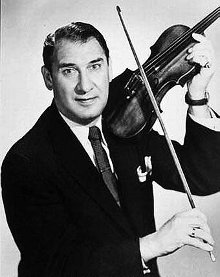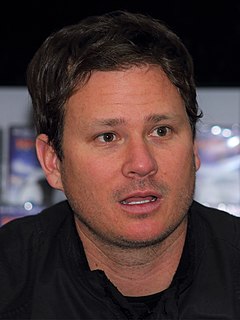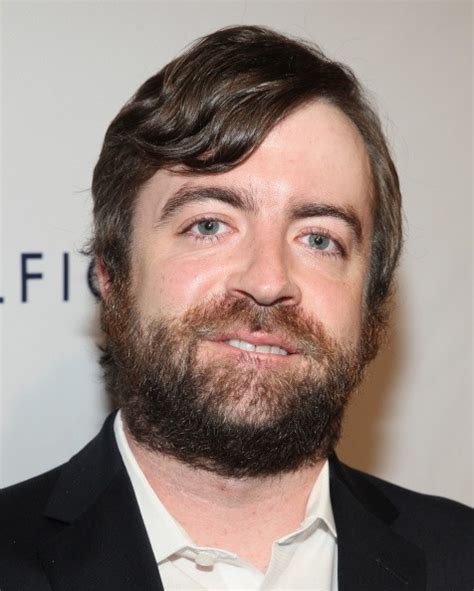A Quote by Andy Grove
I believe in the value of paranoia. Business success contains the seeds of its own destruction. The more successful you are, the more people want a chunk of your business and then another chunk and then another until there is nothing left.
Related Quotes
The more I do this creative work teaching the "Personal Creativity in Business" course at Stanford the more I realize that business is about people in groups being creative in their own way. If business creativity does not allow individual development, then it isn't sustainable. But if business creativity means people bringing out their best and developing that, then amazing things can happen - not only for the business but also more importantly for the individual and the surrounding community.
If you have a strong business idea, then it is comparatively easy now to get capital. It is a positive thing that increasingly more people want to join the startup bandwagon. However, to build a successful business, focus on creating more value through the product, and direct your efforts on solving real issues. If you manage to build a sustainable product, revenue will follow. A lot of startups fail because they concentrate on incremental innovations, increasing user base, and monetisation before strengthening the core of their business.
If you are a person with big dreams and would love to support others in achieving their big dreams, then the network marketing business is definitely a business for you. You can start your business part-time at first and then as your business grows, you can help other people start their part-time business. This is a value worth having - a business and people who help others make their dreams come true.
When you work with a major label they create their own message for you and a lot of the time that works great, or at least it did back in the 90's but now it doesn't work, so I think as an artist if you learn your own business, like anybody would when they want to start a little restaurant - they'd figure it out and then build it and they work hard - then it could be your own little business that you grew to as big as you want it to be but you had much more control with how to communicate it and how it's cared for.
You should pursue your passion. If you're passionate about something and you work hard, then I think you'll be successful. If you start a business because you think you're going to make a lot of money at it, then you probably won't be successful, because that's the wrong reason to start a business. You have to really believe in what you're doing, be passionate enough about it so that you will put in the hours and hard work that it takes to actually succeed there, and then you'll be successful.
The more difficult question for me is, do you remain successful for what you had done? I don't know. I think success is in your own eyes. But, I don't really want to ever feel like I've achieved success. Because then I'd be spoiled. I want to feel like I need to keep doing more. Maybe I get "content," "settled," and "success" confused. I never want to settle, but I would love to be content.
Directing takes a good chunk of your life out. It's a very hard thing. As an actor, you go in for a couple of months and do your job, and then you move onto another one. As a director, it's with you for quite some time and you're responsible for the entire thing, whether the results are good or bad, or whether people throw darts at you or put you on a pedestal.
The public wants a great product, but they also want more layers of value. So it's lifestyle, it's takeaway, it's entertainment. It's all of those things and social media facilitates a big chunk of that, because they want to touch and feel you, they want to talk to someone about it, they want to join a community of other people who dance to the beat of a different drummer.



































